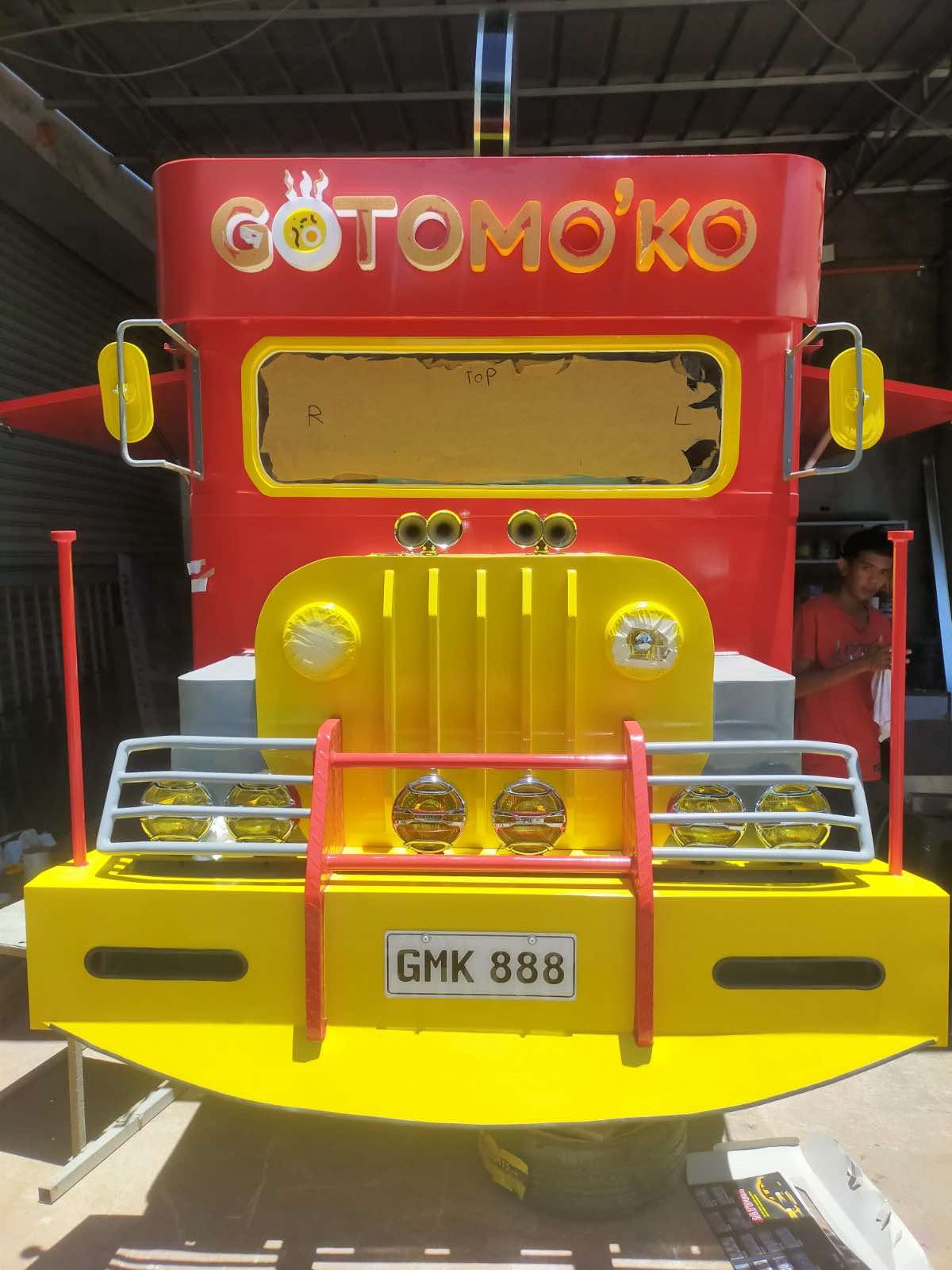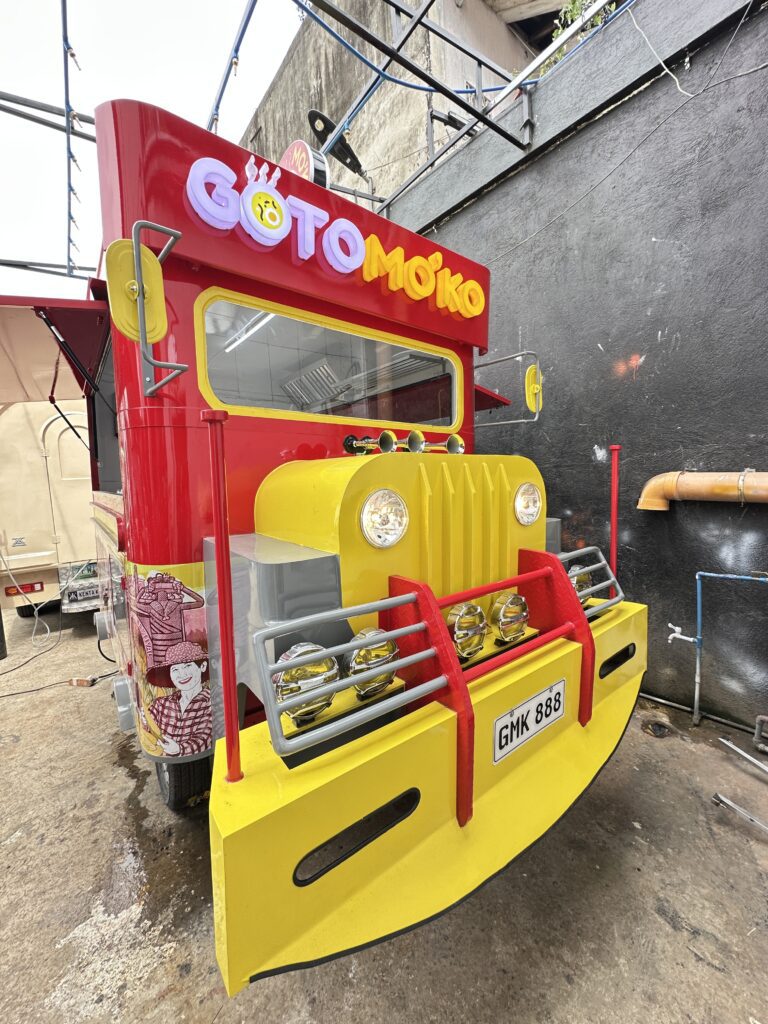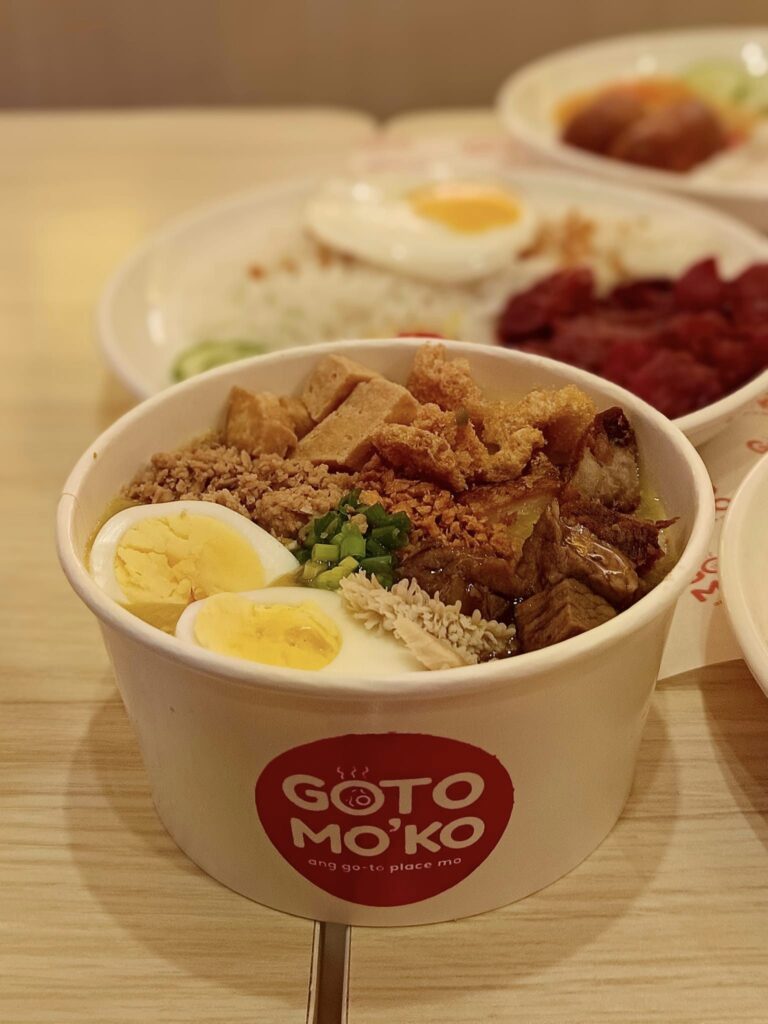Why Starting a Food Truck or Food Trailer Business in the Philippines Makes Sense in 2025


In 2025, launching a food truck or trailer business in the Philippines isn’t just a trend—it’s a strategic move. With the local food scene continuously evolving and a growing appetite for affordable yet high-quality meals, food trucks have emerged as one of the most accessible and profitable entry points into the food and beverage (F&B) industry.
What Is a Food Truck or Food Trailer Business?
A food truck or food trailer business is essentially a mobile restaurant—a commercial kitchen on wheels—that prepares and sells food to customers in various locations. From streetside parking to organized food bazaars, these mobile eateries have gained popularity across the Philippines due to their flexibility, relatively low startup costs, and their ability to tap into diverse customer bases.
How Food Trucks or Trailers Differ from Food Stalls and Brick-and-Mortar Restaurants
If you’re planning to start your own food business, understanding the key differences between a food trailer, a food stall, and a brick-and-mortar restaurant can help you make the smartest move.


Food trailers hit the sweet spot.
They offer greater mobility and visibility than food stalls, without the heavy costs and fixed overheads of traditional restaurants. With a moderate startup investment and flexible setup, they’re perfect for first-time foodpreneurs who want to build a strong brand presence and test the market before committing to a full-scale operation.
Here’s how they compare:
- Mobility: Food trailers are mobile and adaptable—you can go where your market is. Stalls and restaurants, on the other hand, are fixed to one location.
- Startup Cost: With a cost range of ₱500K–₱1M, food trailers are more affordable than brick-and-mortar setups, yet more robust than low-cost stalls.
- Licensing: Food trailers require moderate to high permits (per LGU), but skip the LTO vehicle registration. Restaurants face stricter compliance like building and occupancy permits.
- Space: Compact yet efficient, food trailers are plug-and-play units ideal for quick service and visual appeal.
- Customer Experience: Trailers shine with their Instagrammable, grab-and-go experience—perfect for the modern, mobile lifestyle.
Why Start a Food Trailer Business in 2025?
1. Lower Startup Costs Compared to Traditional Restaurants
One of the biggest advantages of starting a food truck is affordability. While launching a brick-and-mortar restaurant can easily require ₱1 million to ₱5 million or more in capital (rent, renovations, furniture, equipment, staff), starting a food truck can cost as low as ₱500,000 to ₱1 million, depending on your concept and equipment needs. SAFC


2. High Mobility, Lower Business Risk
Unlike stationary food businesses, food trucks give you the freedom to move—literally. If one location doesn’t perform well, you can shift your operations to a busy street corner, a weekend market, or a private event. This kind of mobility allows you to go where the customers are, whether it’s an office district on a Monday or a festival on a weekend. SAFC
3. Growing Demand for Unique, On-the-Go Meals
Thanks to the growing demand for unique, on-the-go meals and the rise of outdoor food parks, bazaars, and community events, starting a food truck business in the Philippines has become a viable—and exciting—option for aspiring entrepreneurs.
While food trucks and food trailers are often used interchangeably, they have key differences—especially important when choosing the right setup for your food business. Here’s a simple breakdown:
Food Truck
- Self-Contained Vehicle: It has its own engine and can drive itself to different locations.
- Higher Cost: Typically more expensive to buy and maintain due to the built-in engine and vehicle components.
- Licensing: Requires LTO registration, vehicle insurance, and periodic maintenance like any motor vehicle.
- Space: Usually more spacious than trailers, with full kitchen equipment inside.
- Setup Time: Faster to set up since it’s mobile and doesn’t need to be towed.
Food Trailer (like Goto Mo Ko’s design)
- Non-Motorized Unit: Needs to be towed by a separate vehicle to move locations.
- Lower Cost: More affordable upfront and easier to maintain since it doesn’t have an engine.
- Licensing: No LTO registration needed, but it requires local government permits (per LGU).
- Space: Compact but functional—ideal for a plug-and-play setup with minimal manpower.
- Flexibility: Can be unhooked and left in place while the towing vehicle is used elsewhere.


Summary:
If you want mobility and all-in-one convenience, go with a food truck.
If you prefer lower costs, flexibility, and ease of permitting, a food trailer is your best bet—especially in the Philippines.
👉 That’s why Goto Mo Ko chose the food trailer model—practical, eye-catching, and perfectly built for franchising across the country.
Trending Food Truck Concepts in the Philippines (2025)
Looking to ride the food truck wave this 2025? Here’s a look at the hottest concepts shaping the streets—powered by trend data, TikTok virality, and evolving Pinoy tastes.
Filipino Fusion Street Food
🇵🇭Modern Pinoy comfort food, reimagined.
From Sisig Burritos and Adobo Nachos to Kare-Kareng Bagnet, Filipino fusion is all about bold flavors with a fresh twist. At Goto Mo Ko, we take it a step further with our signature Goto topped with Kagikit (chicken flakes) or Chicken Pastil Flakes—a mashup that celebrates tradition while embracing creativity.
It’s the kind of street food that turns heads: nostalgic, affordable, highly Instagrammable, and packed with flavor. Whether you’re targeting foodies, millennials, or late-night crowds, Filipino fusion is the ultimate crowd-pleaser that delivers both heart and hype.


🍢 Korean Corn Dogs & K-Street Eats
K-Wave meets the food scene.
Korean food trucks are still going strong. Beyond the iconic corn dogs, add tteokbokki, K-chicken, or kimchi fries to your menu. A certified crowd-pleaser for Gen Zs and Hallyu fans always on the lookout for viral-worthy bites.
☕ Coffee & Specialty Beverage Trucks
The mobile café boom is here.
Serving cold brews, milk teas, and matcha lattes in stylish, eco-branded cups is now a full-blown trend. Perfect for business districts, campuses, and weekend markets, especially when paired with pastries, toasties, or brunch bowls.
🌿 Vegan, Vegetarian & Halal Options
Conscious eating with a local twist.
Healthier, inclusive options are gaining traction—fast. Serve vegan sisig, tofu wraps, or Halal-friendly rice bowls to attract a loyal and underserved market. Great for locations near wellness hubs, schools, or multicultural neighborhoods.
Ready to Hit the Road with Goto Mo Ko?
At Goto Mo Ko, we’ve seen firsthand how mobile setups can drive real results—both in revenue and brand reach. Our food trailer format gives aspiring entrepreneurs the opportunity to serve Filipino comfort food in high-traffic locations, without the overhead of a full dine-in space.
Join our growing franchise network and bring comfort food to the streets.


admin
Reserve
Become Our Partner, Today!
Goto Mo’ Ko is an exciting Filipino food concept where our franchisees and the franchisor works together in creating a business model that provides a fun-vibe experience for our customers, and an enjoyable environment for all our stakeholders including our supplier partners.
